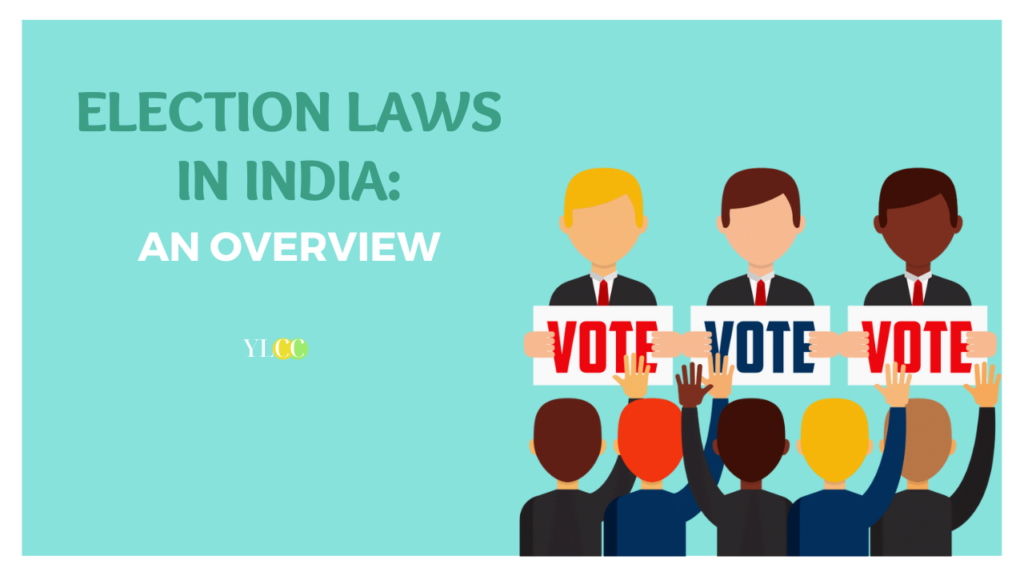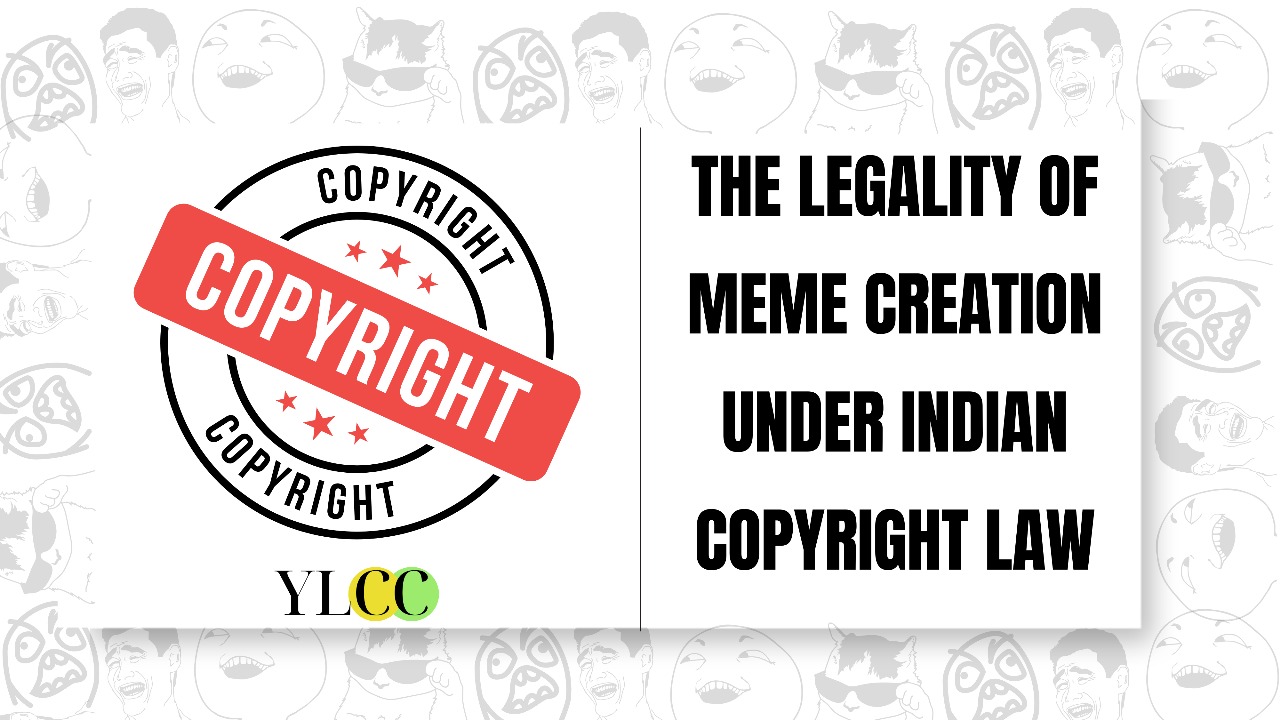
India, after it gained its independence, was declared a sovereign, secular, socialist and democratic republic. The British ruled India from 1858 to 1947, after which India rode down the road of democracy. Therefore, the people in State Legislatures and in Parliament are elected by method of voting. But even in a democracy, laws are required to ensure the best representatives are elected for the proper governance of India. These laws ensure that the elections and the voting is fair and free for all eligible citizens. Furthermore, elections should be held in such an atmosphere that allows its citizens to exercise their right to vote according to their will.
Government Structure of India
Our government is based on the British Westminster system of parliament which is structured as follows:
- An elected president
- An elected vice-president
- Elected parliament
- Elected state legislature
Customised for the Indian small towns and rural areas, the Indian Government also has:
- Elected municipalities
- Panchayats
- Other local bodies.
Election Requisites
In order to conduct free and fair elections to the different posts of the country, there are three major requisites listed.
- An authority is needed to conduct the elections. This authority should be free of political interference.
- A set of laws is required that will govern the elections. The authority that is in charge of conducting the elections will hold these laws.
- A redressal mechanism through which any doubts and disputes that arise out of the elections can be resolved.
Election Commission
The Constitution of India has made provisions for all three of these requisites. India has an independent Election Commission which handles and controls the direction and superintendence of the electoral rolls. It also handles the conduct of elections to the offices of the President of India, Vice-President of India, and the elections to State Legislatures. In the event that any situation arises for which the laws that have been enacted by the Parliament have no provision or insufficient provision, the Election Commission is empowered to issue special directions and orders to deal with it.
A body similar to the Election Commission was formed as an independent constitutional authority to conduct elections to local bodies, panchayats and municipalities. The Election Commission issues directions and instructions in the form of compendia and handbooks for the following:
- Electoral Registration Officers
- Returning Officers
- Presiding Officers
- Candidates
- Polling agents
- Counting agents
Election Laws
For the office of president, vice-president and state legislatures, the authority to enact laws remains with the Constitution in the Parliament of India. For the municipalities, panchayats and other local bodies, laws relating to the conduct of elections will be framed by the respective State Legislatures.
Redressal
The redressal for any doubts and disputes arising out of the elections to the office of the President of India and the Vice-President of India lie with the Supreme Court.
For doubts and disputes arising out of elections to the offices of Parliament and State Legislatures, the High Court serves as the initial jurisdiction. There is a provision to appeal to the Supreme Court if needed.
For matters relating to the elections to municipalities and other local bodies, the lower courts are entrusted with resolving disputes in accordance with the laws enacted by the concerned State Government.
Acts and Rules relating to the Election Laws
- Presidential and Vice-Presidential Elections Act 1952This act was enacted by the Indian Parliament for the election to the offices of President and Vice-President of India.
- Presidential and Vice-Presidential Elections Rules 1974This is a supplementary set of rules to the Presidential and Vice-Presidential Elections Act 1952.
- Representation of the People Act 1950This Act governs the conduct of elections to State Legislatures and to Parliament. This act is concerned with the preparation of electoral rolls and their revisions.
- The Registration of Electors Rules 1960Under Section 28 of the Act, these rules were made by the Central Government along with the Election Commission, and supplements the provisions of this act with detailed rules. All rules relating to the preparation of electoral rolls, their periodic updating and revision fall under this provision. It provides for the registration of eligible electors and the issue of voter ID cards or electoral identity cards with the voter’s photograph. It also includes rules on the inclusion of eligible voters, the exclusion of ineligible voters and any corrections required. With these rules, the Election Commission is empowered to prepare the photo electoral rolls which will contain the name, photograph and other particulars of the electors.
- Representation of the People Act 1951This Act governs the actual conduct of elections to State Legislatures and to Parliament. According to this Act, all post election matters that comprise of doubts and disputes that arise out of the elections or are in connection with the elections, will be dealt with in accordance to the provisions of this Act. All disputes can be raised in the High Court of the respective State. These post election matters can be raised after the election is over and not during the process of it.
- Conduct of Elections Rules 1961These rules were framed under Section 169 of the Act by the Central Government along with the Election Commission. It deals with detailed rules for every stage of the conduct of elections. It encompassses the issue of the writ notification for conducting elections, filing of nominations, and the scrutiny of the nominations. It also deals with withdrawal of candidates. Taking the polls and counting votes are also governed by these rules. Finally, the constitution of the Houses based on the results are also categorised under these rules.
Election Symbols (Reservation and Allotment) Order 1968
This order governs matters of reservation of election symbols for political parties at National and State levels. Election symbols serve as public recognition of the party. It serves the purpose of allotment of symbols to the various candidates who wish to stand for elections. This order also helps in the resolution of disputes between splinter groups.
Model Code of Conduct
Under Article 324 of the Constitution of India, the Election Commission has the right to exercise its power in the enforcement of the Model Code of Conduct. This Code is a unique document which helps guide political candidates and parties. The Model Code of Conduct was created by the political parties to ensure fair elections for all parties involved. It governs matters related to conduct and the maintenance of a level playing field throughout the elections. It also provides for rules against the misuse of official machinery and power by the ruling party to ensure that they do not unfairly further the electoral prospects of their own candidates.
The Acts and Rules listed above empower the Election Commission to issue directives to deal with different aspects involved with the preparation of electoral rolls, its revision and the actual conduct of elections. All grievance related to the elections will have to be resolved under the Representation of the People Acts 1950 and 1951, and the Registration of Electors Rules 1960 and Conduct of Elections Rules 1961. These Acts and Rules form a complete set of rules and a code for all matters relating to the elections to the State Legislatures and Houses of Parliament.
YLCC would like to thank Riya Gupta for her valuable insights in this article.







